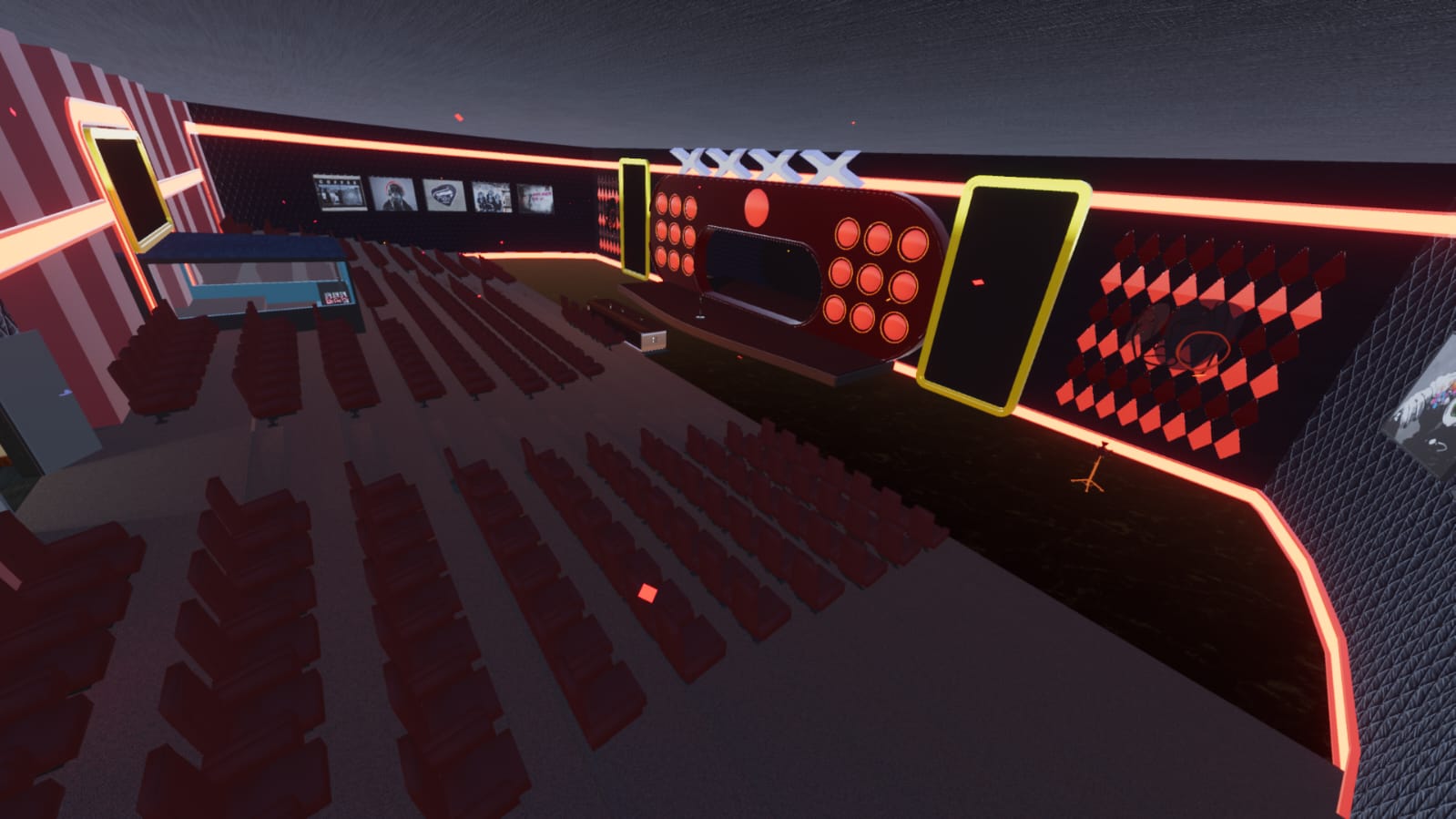The real estate industry is on the cusp of a digital revolution, driven by the transformative power of virtual reality (VR) and the burgeoning Metaverse. These technologies are redefining how properties are marketed, sold, and experienced, offering unprecedented opportunities for real estate professionals and investors. This article explores how VR is unlocking the potential of the Metaverse for real estate, transforming traditional practices, and opening new frontiers for innovation.
The Intersection of Virtual Reality and Real Estate
Virtual reality creates immersive, three-dimensional Metaverse real estate that users can explore and interact with. In real estate, VR enables potential buyers and renters to virtually tour properties from anywhere in the world, providing a realistic sense of space, layout, and design. This technology enhances the buying and selling process by offering:
- Remote Property Tours: VR allows clients to visit multiple properties without leaving their homes, saving time and travel expenses. This is particularly beneficial for international buyers or those relocating to a new city.
- Enhanced Visualization: VR provides a more immersive experience than traditional photos or videos, helping clients visualize themselves in the space and make informed decisions.
- Pre-Construction Previews: For properties under construction, VR can create detailed simulations of what the completed project will look like, attracting buyers even before the building is finished.
The Metaverse: A New Frontier for Real Estate
The Metaverse is a collective virtual shared space, created by the convergence of virtually enhanced physical reality and physically persistent virtual reality. It is an expansive digital universe where users can interact with each other and with digital objects in real-time. For the real estate industry, the Metaverse offers exciting possibilities:
- Virtual Real Estate Marketplaces: Just as in the physical world, virtual land and properties in the Metaverse can be bought, sold, and developed. Platforms like Decentraland, The Sandbox, and Cryptovoxels are pioneering this space, offering digital plots of land that investors and developers can purchase and customize Architecture Rendering.
- Virtual Showrooms and Offices: Real estate firms can establish virtual offices and showrooms in the Metaverse, providing an interactive space for clients to explore listings, consult with agents, and attend virtual open houses.
- Virtual Community Building: Developers can create entire virtual neighborhoods and communities, complete with virtual homes, parks, shopping centers, and entertainment venues. These digital environments can be used for marketing, social interaction, and even virtual events.
Key Benefits of VR and the Metaverse in Real Estate
Increased Accessibility and Reach
VR and the Metaverse break down geographical barriers, allowing real estate professionals to reach a global audience Metachurch. Potential buyers can explore properties in different countries without the need for physical travel, broadening the market and increasing the pool of potential clients.
Cost and Time Efficiency
Virtual tours and showrooms reduce the need for multiple in-person visits, saving time for both clients and agents. This efficiency can streamline the buying process, reduce costs associated with travel and staging, and expedite transactions.
Enhanced Client Experience
The immersive nature of VR provides a more engaging and memorable experience for clients. Virtual tours allow buyers to explore properties at their own pace, revisit spaces as needed, and gain a deeper understanding of the property’s features and layout.
Innovative Marketing Strategies
The Metaverse offers new and creative ways to market properties. Virtual open houses, interactive 3D models, and digital advertisements within virtual environments can attract tech-savvy buyers and differentiate listings in a competitive market.
Navigating the Challenges
While the potential of VR and the Metaverse in real estate is vast, there are challenges to consider:
Technological Barriers
High-quality VR experiences require significant technological infrastructure, including VR headsets, powerful computing systems, and robust internet connections. Ensuring accessibility and usability for a broad audience is crucial.
Market Adoption
Widespread adoption of VR and Metaverse technologies in real estate depends on market acceptance and the willingness of buyers, sellers, and agents to embrace these new tools. Education and demonstration of the benefits are key to driving adoption.
Legal and Regulatory Considerations
The sale and development of virtual real estate raise legal and regulatory questions, such as property rights, taxation, and contractual obligations. Clear guidelines and frameworks are needed to govern transactions in the Metaverse.
The Role of Companies like The Portal Search
Innovative companies like The Portal Search are at the forefront of integrating VR and Metaverse technologies into real estate. They offer services that enhance the visualization and marketing of properties, creating immersive client experiences that drive engagement and sales. By leveraging their expertise, real estate professionals can stay ahead of the curve and capitalize on the opportunities presented by these emerging technologies.
Custom VR Solutions
The Portal Search provides customized VR solutions tailored to the needs of real estate firms. These solutions include creating detailed virtual tours, interactive 3D models, and virtual showrooms that showcase properties in the best light.
Metaverse Development
For those looking to invest in virtual real estate, The Portal Search offers development services that help clients create and monetize digital properties within the Metaverse. Their expertise in VR development ensures that virtual spaces are not only visually stunning but also functional and engaging.
Training and Support
To help real estate professionals navigate the complexities of VR and the Metaverse, The Portal Search offers training and support services. These services ensure that agents and firms can effectively use the technology to enhance their operations and deliver superior client experiences.
Conclusion
Virtual reality and the Metaverse are unlocking new potentials in the real estate industry, transforming how properties are marketed, sold, and experienced. These technologies offer unprecedented opportunities for accessibility, efficiency, and innovation, reshaping the landscape of real estate. As companies like The Portal Search continue to push the boundaries of what’s possible, the future of real estate lies in the immersive and interactive experiences provided by VR and the Metaverse. Embracing these advancements will be key for real estate professionals looking to stay competitive and meet the evolving needs of their clients in the digital age.

